The Rise of Online Coaches
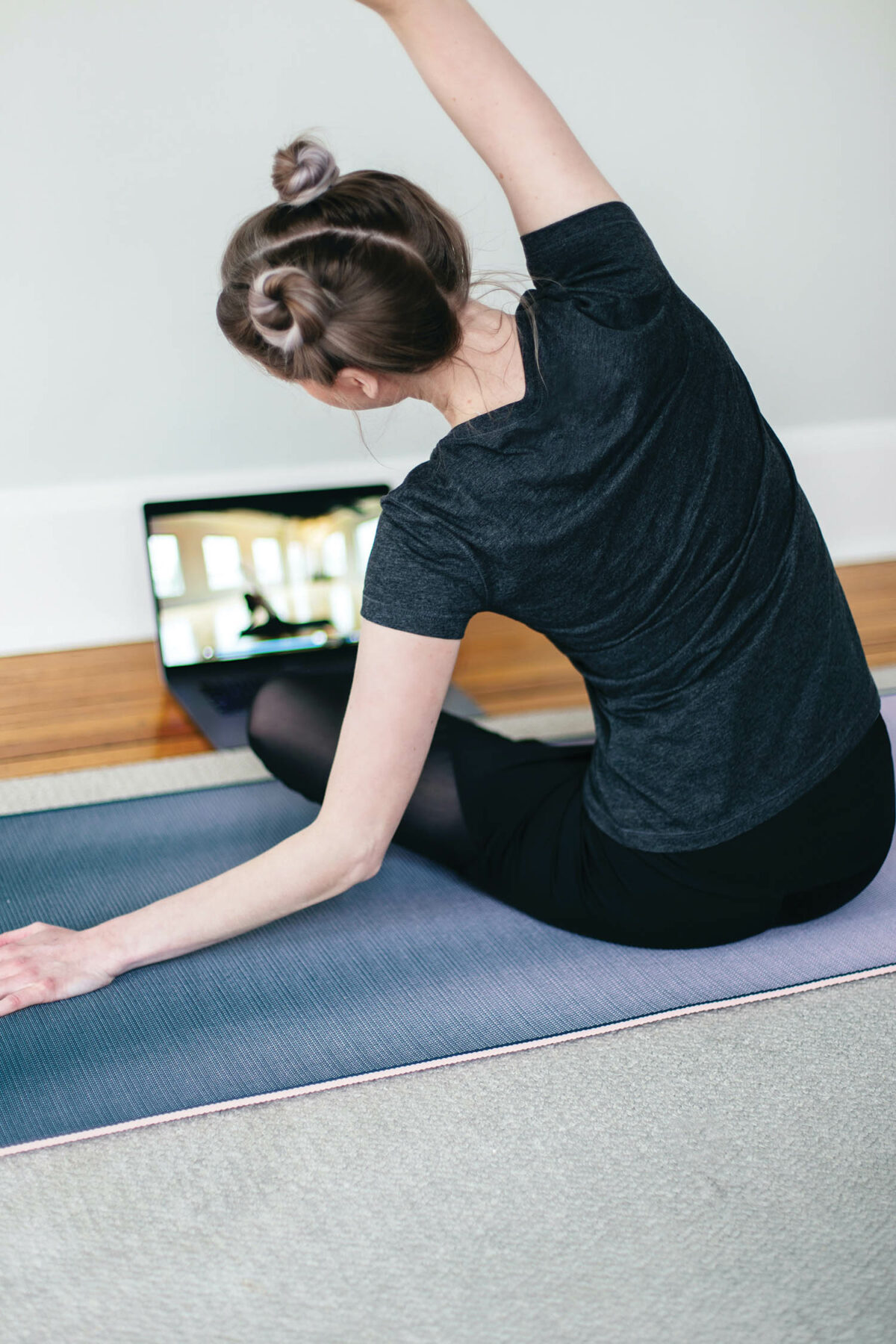
In this day and age, convenience is everything — even with fitness. And online training is just the way to do that.
According to a report by The Business Research Company, the global online and virtual fitness market was expected to grow from $11.39 billion in 2021 to $16.15 billion in 2022 and soar to almost an $80 billion market by 2026, with consumers in North America blazing the way.
For many personal trainers, online training was the silver lining of the pandemic. After three months of becoming certified as a personal trainer in 2021, Sarah Geer ventured into the online training space, instead of taking the traditional in-person training route. She says the pandemic made personal training more accessible.
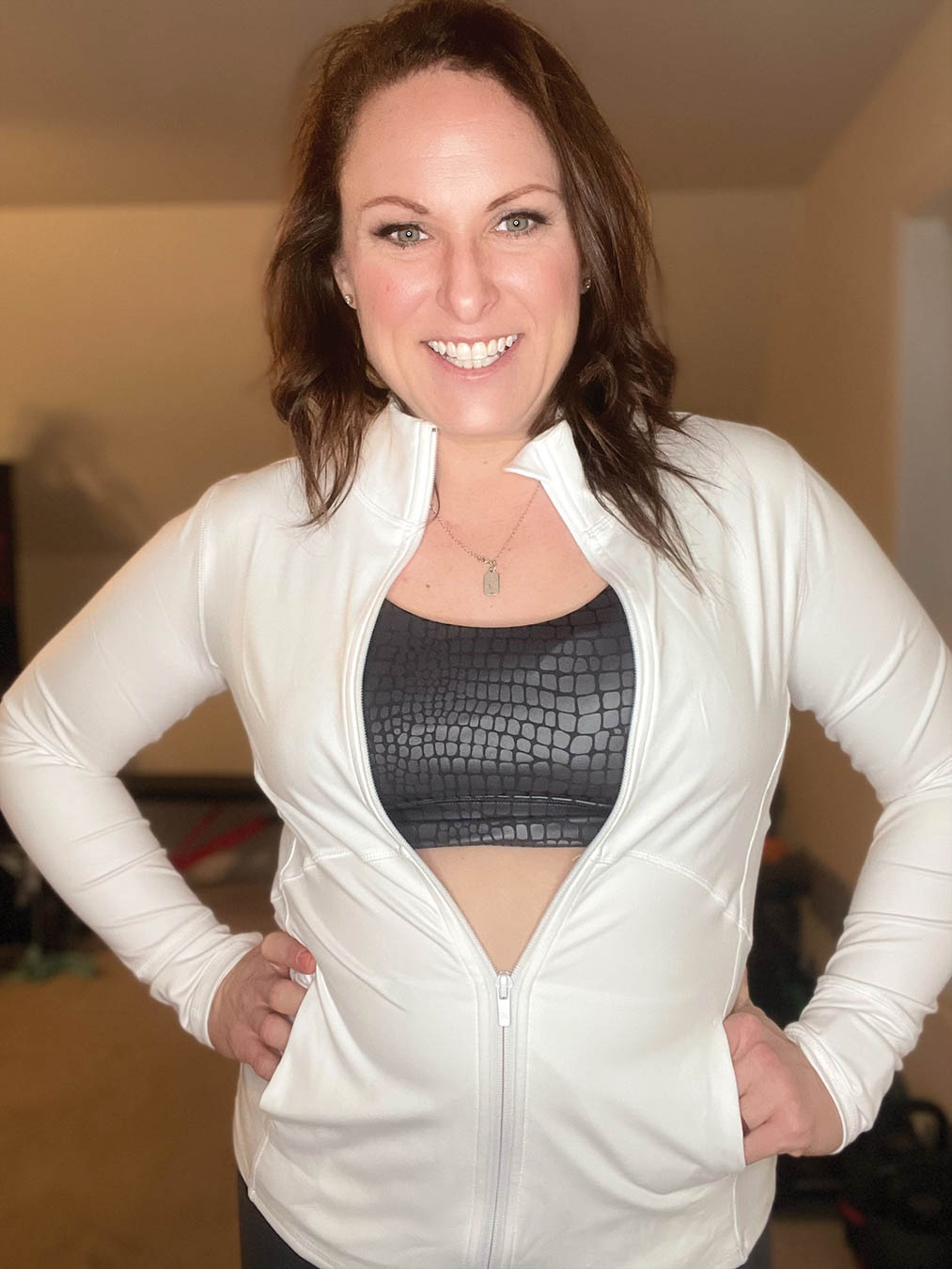
Photo courtesy of Sarah Geer
“I created my online business so I could work when it was convenient for me. It just made sense for my schedule,” says Geer, a mother, business owner and full-time worker. “I didn’t want to ever have my training business interfere with family time.”
Online trainer Shawn Emory also found the online route to be better as she already had her corner of the online world pegged long before 2020 and has been coaching clients online for six years after running out of hours in the day.
“I work full time, and I did not have the bandwidth anymore,” Emory says. “My daughter’s schedule wouldn’t allow me to travel to clients.”
Not only is online coaching more accessible, but Emory says it takes out the dreaded “I have to go to the gym” feeling and cuts out a possible commute time, essentially eliminating excuses. She adds that going to the gym may actually intimidate some clients, and working out from home takes away that fear.
Finding Your Niche
One major shift in moving from in-person to online training is that online training requires a niche clientele and a strong ability to market to them, says Brandi Clark, a business mentor for online fitness professionals.
Going the extra mile for clients is something most personal trainers are not prepared to do, explains Clark, as most trainers are simply being “spoon-fed” clients in the gym. She says this is the biggest struggle for personal trainers making the leap into online coaching.
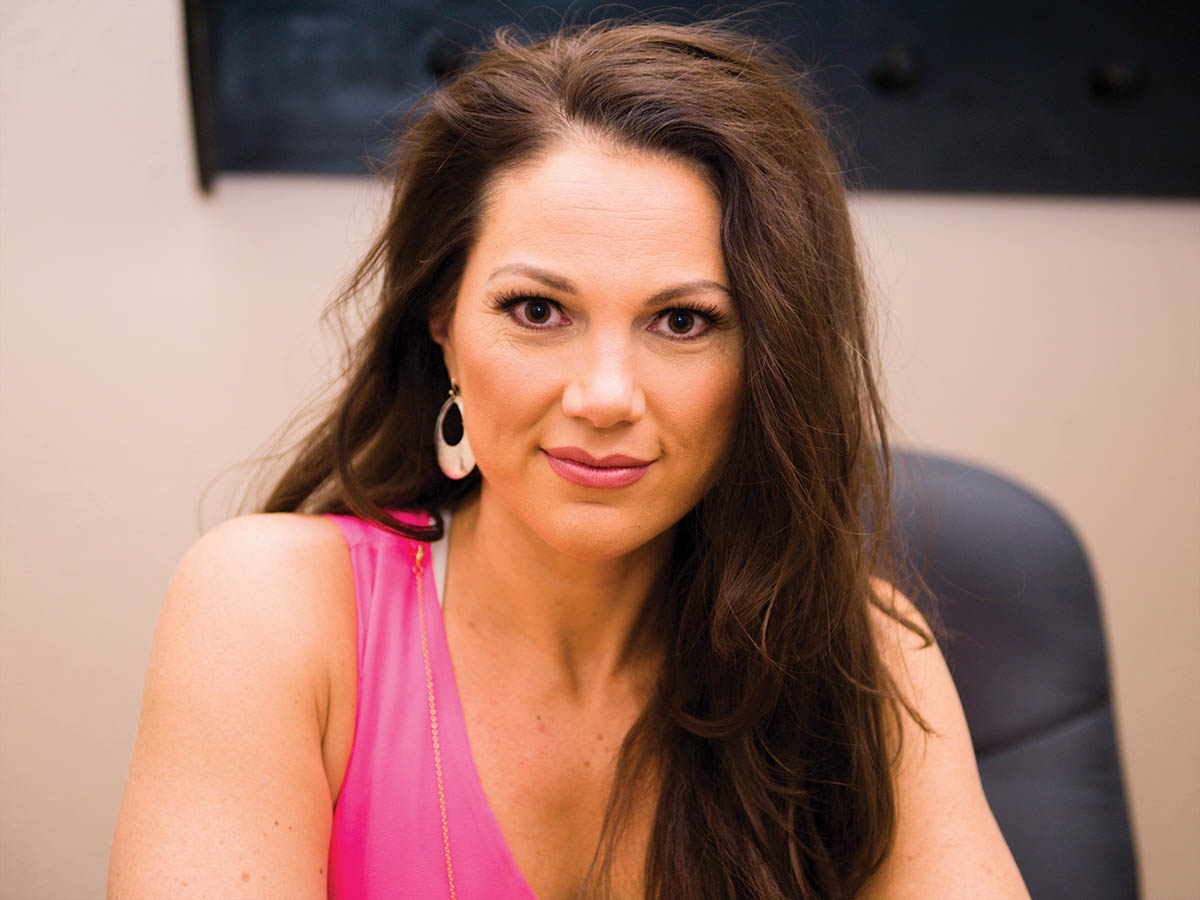
Photo courtesy of Brandi Clark
“The world is their gym,” Clark says. “They don’t know how to find clients. They don’t know how to position themselves so they can find them.”
Clark found her online niche market in coaching brides looking to lose weight for their wedding while Emory had been teaching classes on Zoom for years before she finally found her niche market — women over 40 who enjoy working out from home.
Connecting With Clients
Clark says good online coaches need an honest ability to connect with people; clients want to know there’s hope as they’re essentially buying a different future for themselves.
“They are the hero of their story,” Clark says. “You, the coach, are the facilitator, not the hero in this.”
For Geer, that connection is a key part of the online coaching experience and it runs much deeper than in-person coaching.
“I love that, as online coaches, we are in control of the program we create and it can incorporate all the pieces our clients never knew they needed,” says Geer, who runs a 12-week program for moms over 30.
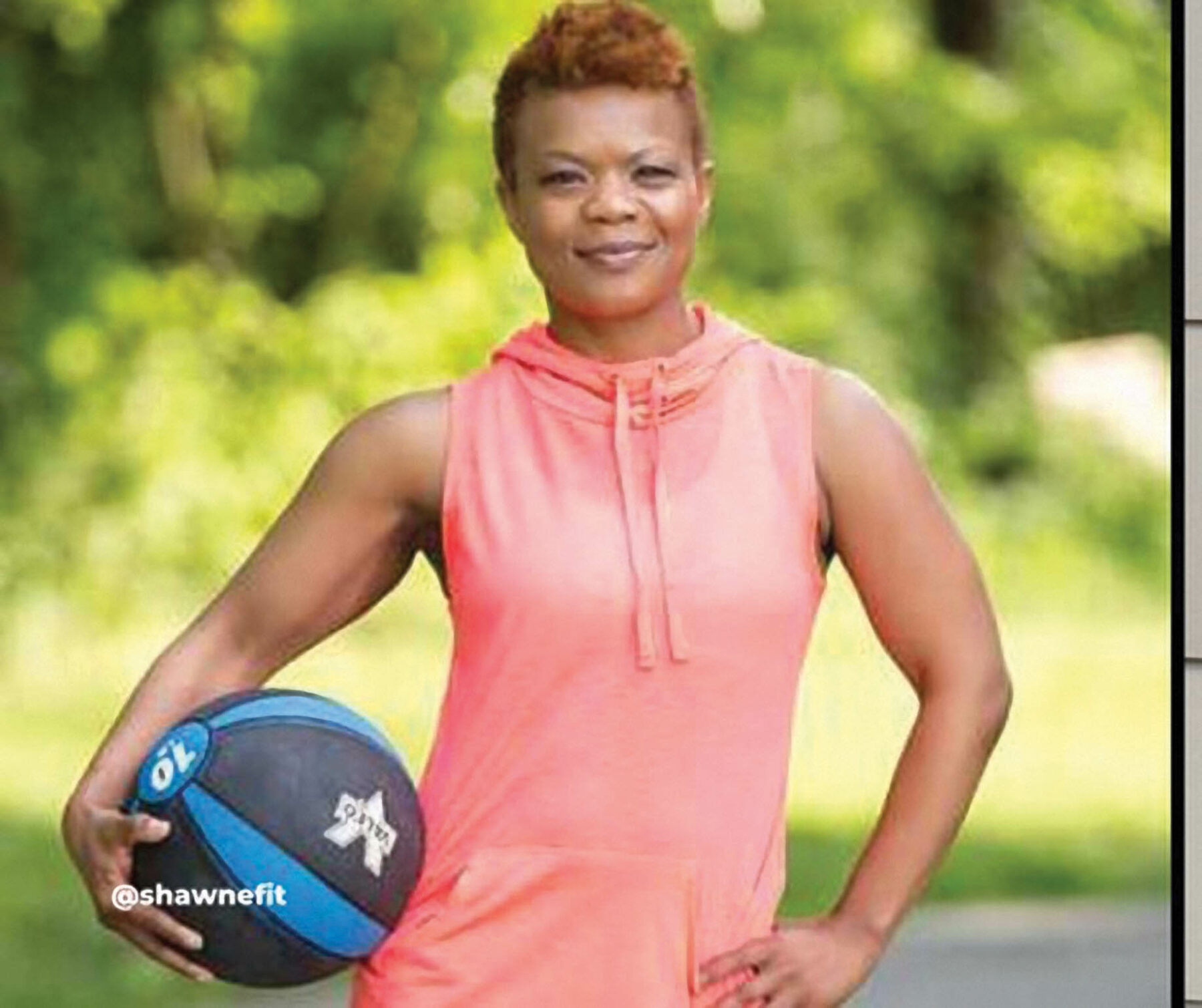
For Emory, maintaining a constant connection with online clients is also important, and she does so through her online Zoom fitness classes three times a week, weekly coaching calls, and Facebook group and messaging system. If a client is struggling, she’ll reach out via text to check in. This way, clients get more than just 45 minutes a week to pick the brains of their trainer.
The Future of Online Coaches
Clark says the online coaching space is only increasing, especially with the rise of social media.
“Online education is becoming more of a thing; it’s not slowing down,” Clark says. “Education is changing. This is just what we have now and the population is growing.”
For Emory, online coaching has always been around through programs on DVDs such as Beachbody — and it will continue to be. She says there will always be a group of people who want to work out at home, especially as the working-from-home population continues to rise.
Regardless of working out at home or in person, Geer says the goal for coaches is always the same — helping them meet their goals.
“As online coaches, if we do our jobs correctly, we will leave our clients feeling knowledgeable and comfortable with exercise, whether in the gym or at home,” Geer says.
About the Author
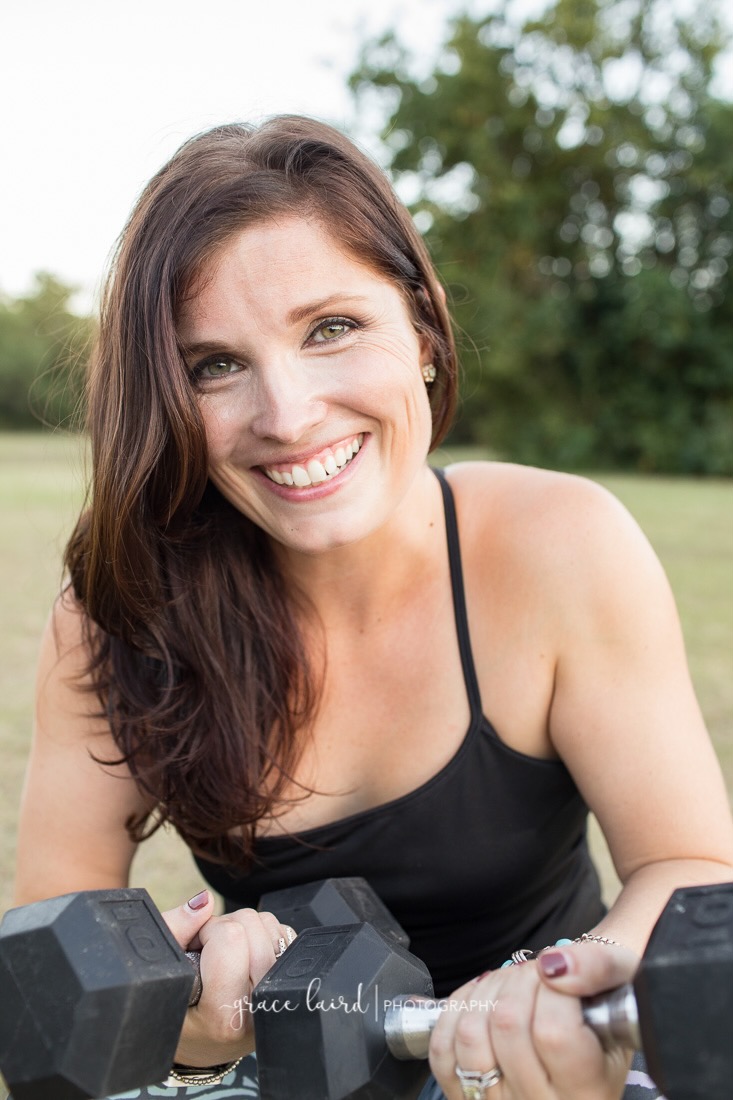
Emma Aguirre’s training career began with spinning almost 20 years ago in a small women-only gym in South Texas. After a career in journalism, Aguirre switched to fitness full time, certifying in Practical Pilates, TRX and Jillian Micheals BodyShred program. She’s also qualified as an AFAA Group Fitness professional and holds several personal trainer certificates as well as Precision Nutrition’s Level 1 certification. She’s currently becoming certified as an International Sports Sciences Association master trainer and spends her days coaching clients online as a Personal Health Advisor at Austin’s Wellthy Soul.






